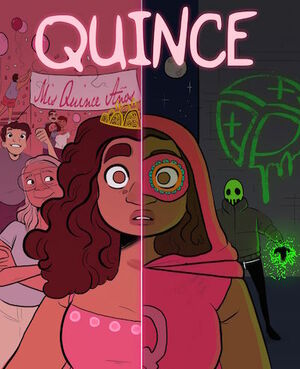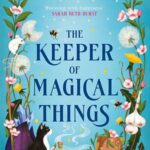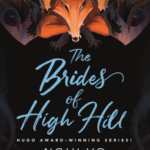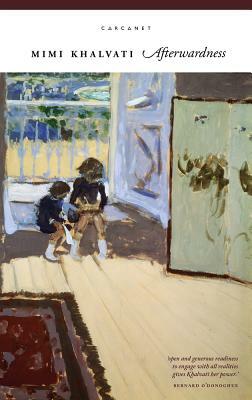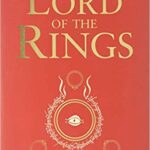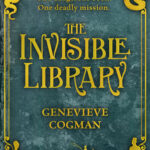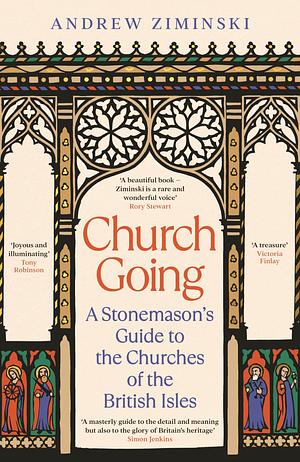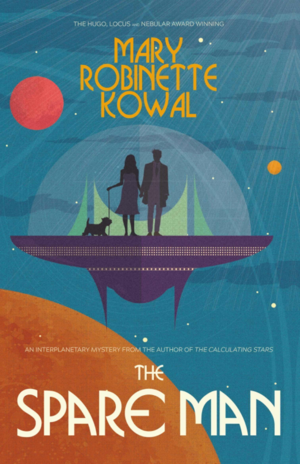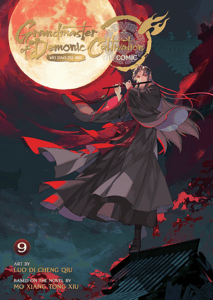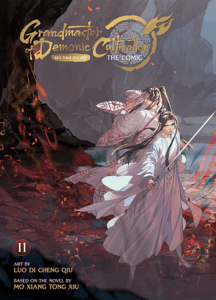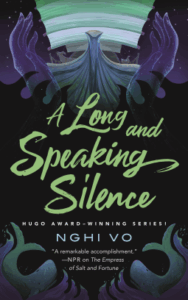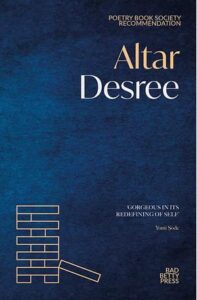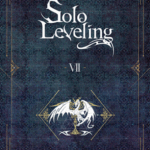
New blog feature time: I’m gonna join in with the Fantasy With Friends discussion meme (hosted at Pages Unbound) whenever I get chance through 2026!
I ran across this discussion meme on another blog, and was tempted to take part last week when the discussion topic was dragons, but life got away from me. But could I really miss the opportunity to stick my oar in about Tolkien? For that’s this week’s discussion topic:
What do you think of the arguments that The Lord of the Rings presents good and evil as black and white?
Now, I’m going to apologise in advance both because I studied Tolkien’s work during my master’s degree, and because it’s been a long time since then and I’m definitely rusty. The thing with Tolkien that I think is a really important starting point is to remember that he was writing what he thought of as mythology: “a mythology for England” (though this is a phrase used about his work and not something he actually said himself). He was writing a mythology/history to go with and explain languages that he’d come up with before he created the world, and which grew and changed as he built the world as well.
It’s not too unusual for mythology to be pretty one-sided, presenting things in terms of black or white. There are definitely places where Tolkien does this: there are no good orcs or goblins, they are only capable of destruction and hateful acts, and we see no hints that they could ever be otherwise (although it is implied in The Silmarillion that they were originally elves who were twisted and corrupted). Sauron himself is unequivocally evil, as is the Ring… though further back in the mythology, you find that Sauron was a Maia who became corrupted by Melkor, so it’s not even 100% straightforward there. At the very least, it seems like Tolkien is giving us characters who have been corrupted beyond redemption, with whom there can be no reconciliation or compromise — and depending on which version of his notes and stories you believe, they may have simply been created evil (as Treebeard says trolls were, in envy and mockery of the Ents).
At the same time, there is some nuance: if you look at the characters — particularly the humans and hobbits — they’re actually pretty split, not just down race lines (though this happens with the Southrons for instance) but within racial groups and even individual characters too. The elves tend to be all good, but among hobbits you’ve got your Ted Sandyman, among humans your Grima Wormtongue and Bill Ferny… And of course there’s characters like Denethor, Boromir and Gollum who fall in various ways, but also served good in ways large and small along the way.
There’s also Treebeard, who stands a bit apart and comments on the sides being drawn up in a fairly ambivalent way: despite them being clearly delineated as good and evil, he feels he’s not on either side, because neither side has care for him and his trees. Tom Bombadil is similarly ambiguous: the Ring has no power over him, but neither has the argument that he should serve the greater good.
Some characters are given second chances, too, opportunities for redemption: Boromir shakes off the madness of the Ring and defends Merry and Pippin to his death, Théoden is shaken out of inaction and doubt, Denethor has the chance to help Gandalf and avoid succumbing to despair, Grima is offered a chance to turn back from serving Saruman, Gollum is offered a second chance by Frodo, and Gandalf even offers a substantial second chance to Saruman himself.
I don’t know how persuasive I’d find that argument, though, since only Boromir and Théoden take those second chances, and Théoden was substantially bewitched into that state — bewitchment removed, his doubts and fears are pretty much gone. Boromir served good once temptation was removed, and it’s unclear that he could or would have done so if the Ring had still been present. Sure, not everyone will take a second chance when offered, but most of the characters seem inherently unable to accept it. Gollum tries (under fear of death), and succeeds for a time, but can’t stop himself falling into evil again. Does he choose, or is he just built for evil? The Ring almost immediately corrupted him, driving him to murder his best friend to possess it…
And for the other side, you have a lot of characters who are simply incorruptible, including many or all of the elves (depending on what you believe about the creation of orcs), Aragorn, Gandalf, Faramir, Sam, etc. So you get the sense that for Tolkien, at the very least some people are inherently corruptible (Gollum, Grima, Boromir) and some are inherently incorruptible no matter what temptation befalls (Aragorn, Faramir, Sam). Frodo’s example pushes against that a little bit — ultimately he decides to keep the Ring for himself — but then that’s forestalled so quickly by his own past decision to spare Gollum (because he’s a Good Person) that you might feel it barely counts: he’s saved from falling to it because he’s inherently a good person.
(As a side note, as a lover of Faramir’s character, I hated that he was genuinely tempted in the movie version. I reconciled myself to it because narratively it doesn’t make a lot of sense for the movie: the Ring is supposed to be able to tempt just about anyone, and then Tolkien gave us a lot of characters who see the danger and refuse to be put in positions where they’ll be tempted beyond their power to resist. Faramir’s ability to lightly refuse the Ring when he has Frodo in his power in Ithilien undermines the Ring’s power. For Tolkien, that’s fine: we’re meant to understand that Faramir would be corrupted if he took it, but he has the power to refuse it due to being built more than a little like Aragorn, with references repeatedly tying him closer to his Númenórean descent than Boromir or Denethor are. Cinematically, that’s a lot harder to convey.)
As all the wordage implies, it’s definitely a bit more complicated than just Black And White, Good And Bad, at least in some places in the story. I think mostly my first point is the important part, though: Tolkien was writing in a mythic register that needed big clashes between good and evil. He wove in moments of ambiguity and humanity, but much of his intent was to write about characters larger than life, heroes and villains like the Norse and other mythological heroes that inspired him, so I think the lack of nuance is baked in quite a bit by the fact that he wasn’t thinking in terms of writing a modern novel with believable characters, believable stakes, etc. Some of his decisions in that light sit incredibly badly, and are rightly critiqued, but the picture is a bit more mixed and muddled than some commentators have said.
I feel like I could’ve written about a thousand words more clarifying my points and going deeper into various thoughts about it (such as how genuinely tempted Galadriel was when tested by Frodo), but I’m going to stop here. Looking forward to other people’s answers to this question!
